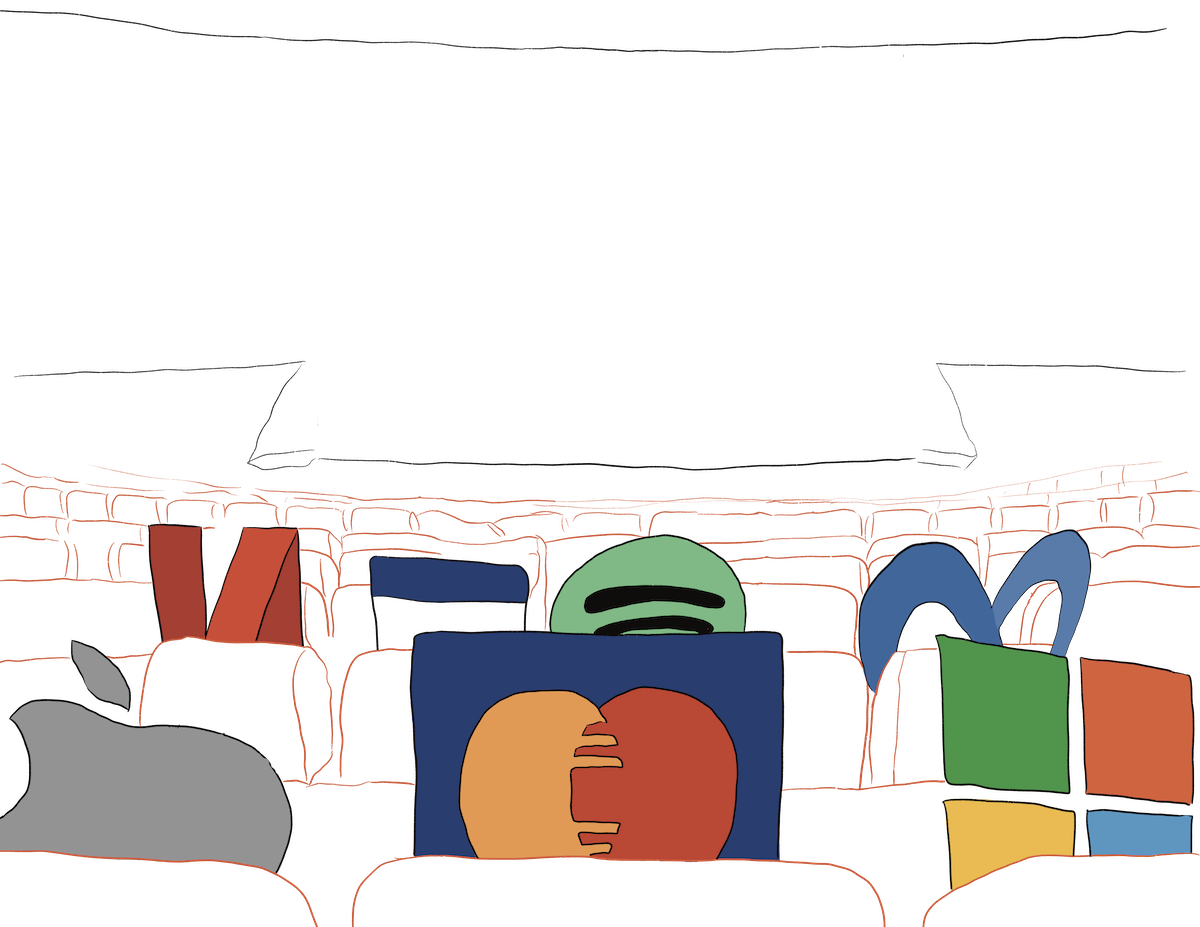Guest opinion
Today, as I sat in a crowded lecture hall waiting for my “Minorities” sociology class to begin I was struck by something. For every person of color sitting in the room, there were 15 to 20 white students present in the class. This really wasn’t a new revelation; as a student of color here at PSU I am always conscious of my minority status. But what I found to be particularly interesting about this scenario was the fact that this predominantly white class happened to be waiting for a teacher to come in and talk about racial oppression.
How would the racial demographics of the class affect the classroom discussion? Had I enrolled in a class where I was going to have to listen to a bunch of white folks debate about whether or not issues that affect me first-hand even exist? Would I be tokenized and expected to speak on behalf of all people of color? If I disagree with a white person’s stances, would they be thinking about whether or not I was accusing them of being a racist instead of listening to my arguments? Would they accuse me of being a “reverse racist?” Was the class going to be taken over by white students who are looking to alleviate their white guilt by explaining that they grew up in a racist family but don’t embrace these values themselves? For all of these reasons, I am extremely wary of raising my hand to speak in this class.
I am not bringing this up because I want to talk shit about white students that have a genuine desire to learn about racial inequality in this country and are taking a class that has actually been really good thus far in order to do so. My intent is to illustrate the importance of having a space that is safe for people of color to discuss and organize against issues that harm our community.
In the most recent issue of The Portland Spectator, there is an article entitled “Multi-Cultural? Center” in which I am quoted as saying the newly funded PSU Multicultural Center should be a place “solely for people of color.” While I don’t remember ever agreeing to give an interview to The Spectator regarding the center, I feel that this is an issue worth discussing even if it was brought up through an irresponsible piece of journalism.
YES, I do feel that the primary function of the center should be to provide services, resources and a safe environment for students of color on this campus. I want to know that there is at least one place that I can go where I will not always be the numeric minority. I want to know that there is one place where I can communicate with other students of color so that our only contact is not the embarrassed, awkward glances we exchange in the “Minorities” class when a person says something offensive without even knowing it.
The person who drafted the article in The Spectator states, “I thought that we were trying to get past judging people on the basis of skin color – at least, that’s what I was taught to do as a child.” What do you want, a cookie? If you are even half of the ally to people of color that you think you are, you might try to understand that maybe it isn’t as easy for me to forget about race. Being oblivious to it is a privilege that YOU have. Insinuating that the racism I experience is some figment of my imagination, or something that would simply go away if I ceased to bring it up makes me sick. Whatever happens with the Multicultural Center, I hope that it never becomes a place that is afraid to address the sometimes ugly realities that you are not brave enough to confront.
Jesse Shapiro (junior, history) is the ASPSU Multicultural Affairs Director




